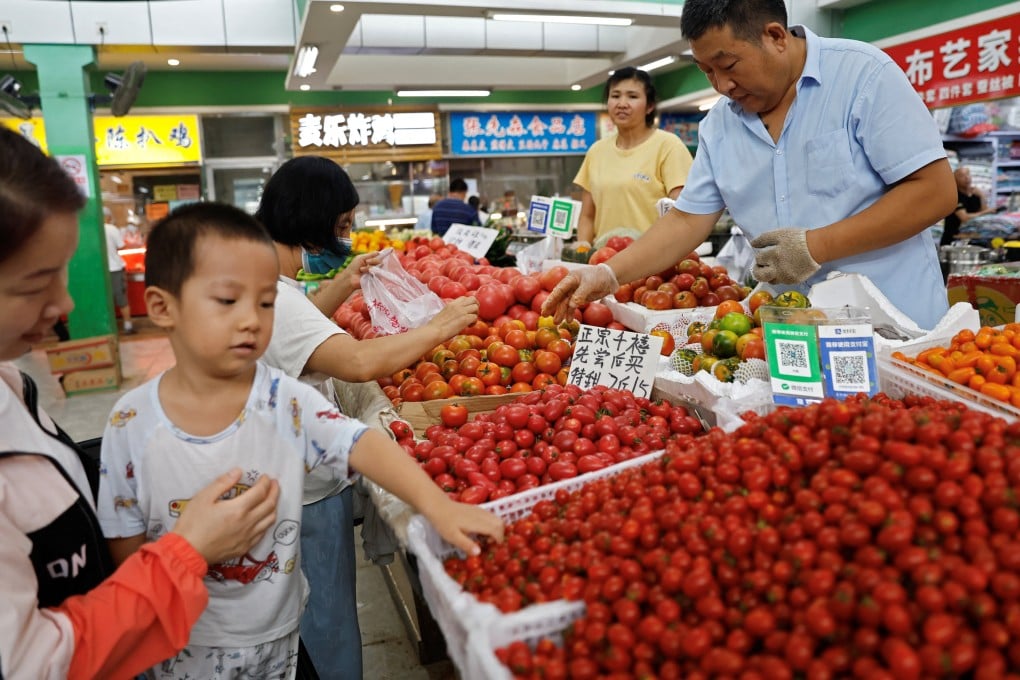Outside In | Can the dignity of tomatoes be protected against Chinese exports?
Tomatoes are only China’s 708th biggest export. But the world is realising China can swamp markets with even small output shifts

I never previously gave a thought to the dignity of tomatoes, or the possibility that protection of their dignity might provide grounds for trade sanctions – against China or any other tomato exporter, for that matter. There could be circumstances where the World Trade Organization might agree to the need to protect the dignity of German car workers or US farmers maybe. But tomatoes?
But Mutti might be on to something of wider, long-term concern to China’s hyper-competitive exporters. From China’s point of view, the global tomato trade is hardly a high priority. Exports amounted to just US$259 million in 2022, making them China’s 708th most important export. And tomatoes are hardly a major part of the Chinese diet.
When I was first learning Mandarin, I was surprised that tomato was xihongshi, literally red Western persimmon. Probably, when the Chinese first saw tomatoes, they thought first of the persimmon common locally. Even today, China is a minnow in the global tomato trade, as the world’s ninth biggest exporter. Mexico, for example, sells 10 times as much in export value and Spain over four times more. But Mutti’s call for protection against China’s tomato farmers has gathered traction for many reasons.
First, China, as a newbie to the tomato trade, is seen as unwelcome competition by those that have been in the business for more than a century. Second, with little domestic demand, China’s tomato industry, mainly based in Xinjiang, was grown to help lift farmers there out of poverty and explicitly developed for export. Xinjiang farmers are well-placed to take advantage of the freight rail linking China with Central Asia and Europe.

